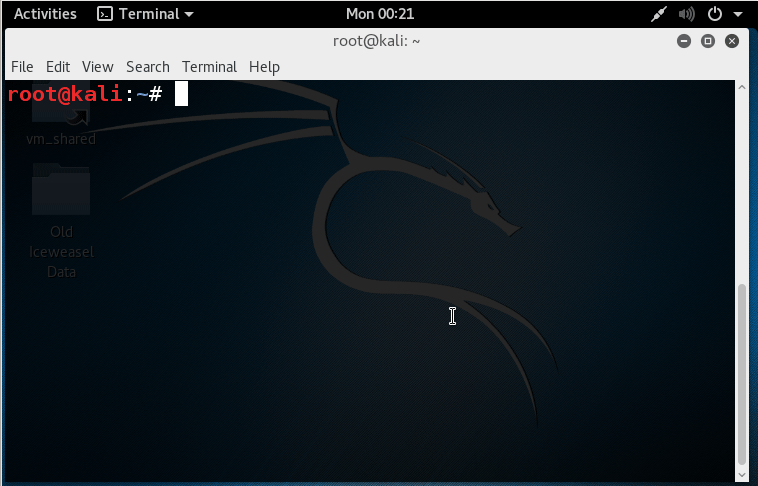/rɪˈspaʊnd dər/ noun
-
A tool that detects presence of a Responder in the network
-
Identifies compromised machines before hackers run away with the loot (hashes)
Respounder sends LLMNR name resolution requests for made-up hostnames that do not exist. In a normal non-adversarial network we do not expect such names to resolve. However, a responder, if present in the network, will resolve such queries and therefore will be forced to reveal itself.
Respounder is available for 32/64 bit linux, OS X and Windows systems. Latest versions can be downloaded from the Release tab above.
This is a golang project with no dependencies. Assuming you have golang compiler installed, the following will build the binary from scratch
$ git clone https://github.com/codeexpress/respounder
$ cd respounder
$ go build -o respounder respounder.go
Running respounder is as simple as invoking it on the command line.
Example invocation:
$ ./respounder
.´/
/ ( .----------------.
[ ]░░░░░░░░░░░|// RESPOUNDER //|
) ( '----------------'
'-'
[wlan0] Sending probe from 192.168.0.19... responder not detected
[vmnet1] Sending probe from 172.16.211.1... responder not detected
[vmnet8] Sending probe from 172.16.55.1... responder detected at 172.16.55.128$ ./respounder [-json] [-debug] [-hostname testhostname | -rhostname]
Flags:
-json
Prints a JSON to STDOUT if a responder is detected on
the network. Other text is sent to STDERR
-debug
Creates a debug.log file with a trace of the program
-interface string
Interface where responder will be searched (eg. eth0).
Not specifying this flag will search on all interfaces.
-hostname string
Hostname to search for (default "aweirdcomputername")
-rhostname
Searches for a hostname comprised of random string instead
of the default hostname ("aweirdcomputername")
Detect rogue hosts running responder on public Wi-Fi networks e.g. like airports, cafés and avoid joining such networks (especially if you are running windows OS)
Detect network compromises as soon as they happen by running respounder in a loop
For eg. the following crontab runs respounder every minute and logs a JSON file to syslog
whenever a responder is detected.
* * * * * /path/to/respounder -json | /usr/bin/logger -t responder-detectedExample syslog entry:
code@express:~/$ sudo tail -f /var/log/syslog
Feb 9 03:44:07 responder-detected: [{"interface":"vmnet8","responderIP":"172.16.55.128","sourceIP":"172.16.55.1"}]There are plans to port this tool to an android app so that adversarial Wi-Fi networks (eg. WiFi Pineapple or WiFi Pumpkin running responder) can be detected right from a mobile phone.

